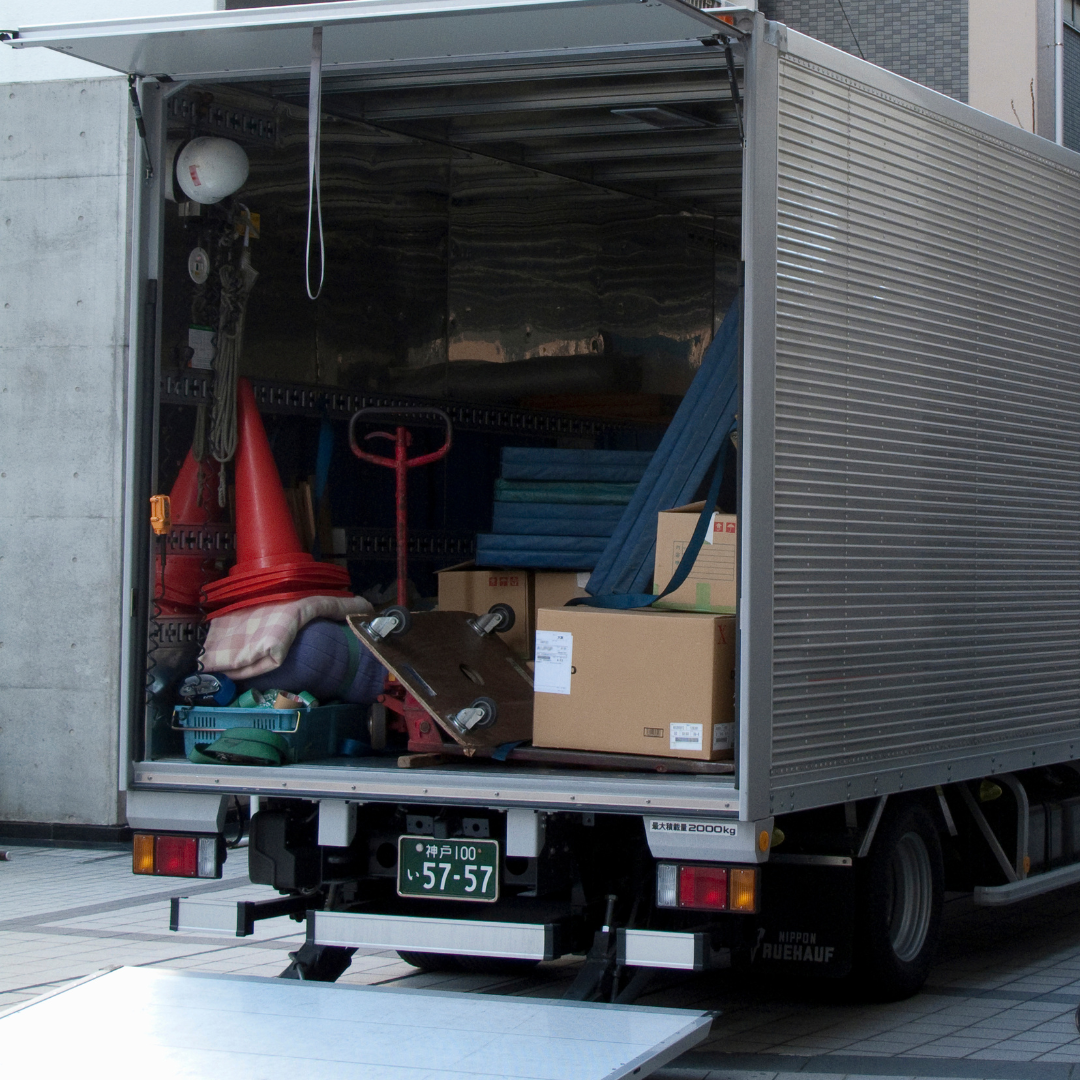The Most Common Packing Mistakes
Have you ever had a vacation spoiled by forgetting anything, having too much baggage, or just not packing anything you needed? We’ve been... Read More

Have you ever had a vacation spoiled by forgetting anything, having too much baggage, or just not packing anything you needed? We’ve been... Read More

Moving is not what it used to be in today’s environment. The procedure has become even more disorganized and challenging than it already was... Read More

Although Americans are always on the go during the summer, this year has presented its own special obstacles because of unheard-of supply chain... Read More

Moving can be a happy experience. It frequently comes with a new or better-paying job, and it gives you the chance to see a different... Read More

Because no two residences are the same, moving fees are not one-size-fits-all. You should be able to get a basic quotation that is then... Read More

Moving is exciting, but there’s no doubt that it may be a lot for one person to handle alone. Hiring a moving company is one simple... Read More

Is Hiring Movers Worth It? You’ve found the ideal rental property, signed the lease, and paid the security deposit. Now comes the part that... Read More

Tips for Cross-Country Moving Moving across the country is not an easy task. There are many steps to planning a long-distance move, from packing... Read More
